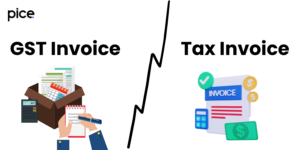How to Claim GST Input Credit for Car Lease?
- 6 Sep 24
- 10 mins
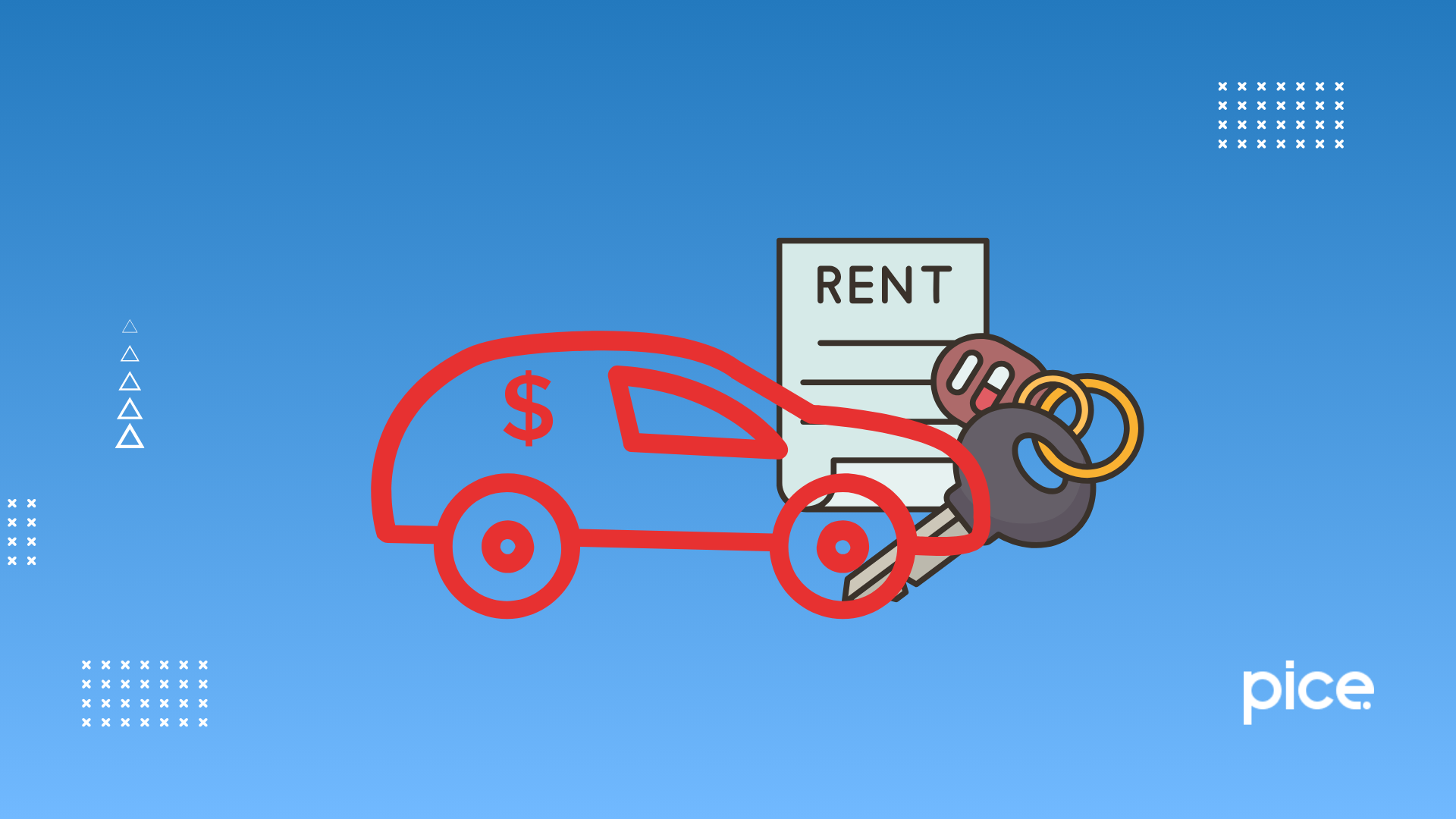
How to Claim GST Input Credit for Car Lease?
Key Takeaways
- Understand ITC: Know how to claim Input Tax Credit (ITC) to reduce GST liability on car leases.
- Stay Compliant: Keep proper documentation, like tax invoices and lease agreements, to support ITC claims.
- Follow GST Rates: Stay updated with GST rates and notifications to ensure correct tax treatment.
- Special Cases Matter: Certain uses, like cab services, have unique ITC rules, offering tax benefits.
- Optimize Tax Strategy: Effective ITC management leads to cost savings and better financial management.
GST (Goods and Services Tax) is a comprehensive, multi-stage, destination-based tax levied on every value addition. It was implemented in India on July 1, 2017, replacing a plethora of indirect taxes such as VAT, service tax, excise duty, etc. GST aims to create a single, unified market by ensuring a seamless flow of tax credit across the supply chain, from manufacturers to consumers.
What is Input Tax Credit (ITC)?
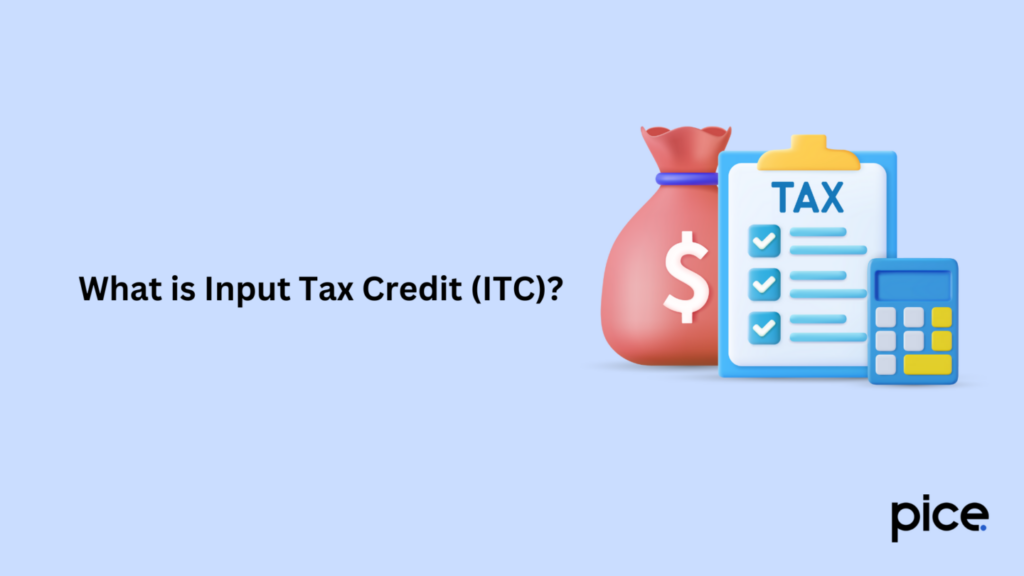
Definition of ITC:
- ITC is essentially the credit manufacturers and service providers receive for the GST paid on the purchase of goods and services which are used in their business operations.
How ITC Works Under GST:
- When a business buys goods or services, it pays GST on the purchase. If these goods or services are used to further the business, the GST paid can be claimed as an ITC, which can then be used to offset GST liability on sales. For example, if a business pays INR 10,000 as GST on purchases and collects INR 15,000 as GST on sales, it can claim an ITC of INR 10,000 and only needs to pay INR 5,000 to the government.
Eligibility Criteria for Claiming ITC:
- The claimant must be a registered taxable person under GST.
- The goods or services must be used for business purposes.
- The ITC claim must be backed by a valid tax invoice or debit note.
- The supplier must have paid the tax charged on the supply to the government.
Car Leasing and GST
Overview of Car Leasing:
- Car leasing is a financial arrangement where a business or individual rents a car for a specific period, typically ranging from one to five years. Instead of paying a large sum upfront to purchase a vehicle, the lessee pays periodic lease payments to the leasing company.
Types of Car Leases:
- Operating Lease: The lease term is shorter than the car’s economic life. The lessee uses the car for a period and returns it to the lessor at the end of the lease term without acquiring ownership.
- Financial Lease: The lease term covers most of the car’s economic life, and the lessee often has the option to purchase the car at the end of the lease period. This type of lease is similar to purchasing a car with a loan.
GST Implications on Car Leasing:
- GST is charged on the lease payments made for the car. The rate depends on whether the lease is an operating lease or a financial lease. Generally, the GST rate for leasing services is 18%, but it can vary based on specific conditions and the type of lease.
Input Tax Credit on Car Leasing
Conditions for Availing ITC on Car Leases:
- The vehicle should be used in the course of business. For instance, cars used for business operations, transporting goods, or providing taxable services like renting cabs can claim ITC.
- Proper documentation, including tax invoices and lease agreements, must be maintained to substantiate the ITC claim.
- ITC is not available for cars used for personal purposes or for the transportation of employees (except in specific cases like transport services).
Documentation Required for Claiming ITC:
- Tax Invoice: A GST-compliant invoice issued by the leasing company detailing the lease payments and GST charged.
- Lease Agreement: A formal contract between the lessor and lessee outlining the terms of the lease.
- Monthly GST Returns: Regular GST filings that show the lease payments and claimed ITC.
Specific Cases Where ITC is Allowed or Disallowed:
- Allowed: ITC can be claimed on vehicles used for transportation of goods, providing driving training, or when the business itself involves renting out cars.
- Disallowed: ITC is generally not available on motor vehicles for personal use or for the transport of employees, unless the business is in the business of supplying such vehicles.
Motor Vehicle and ITC
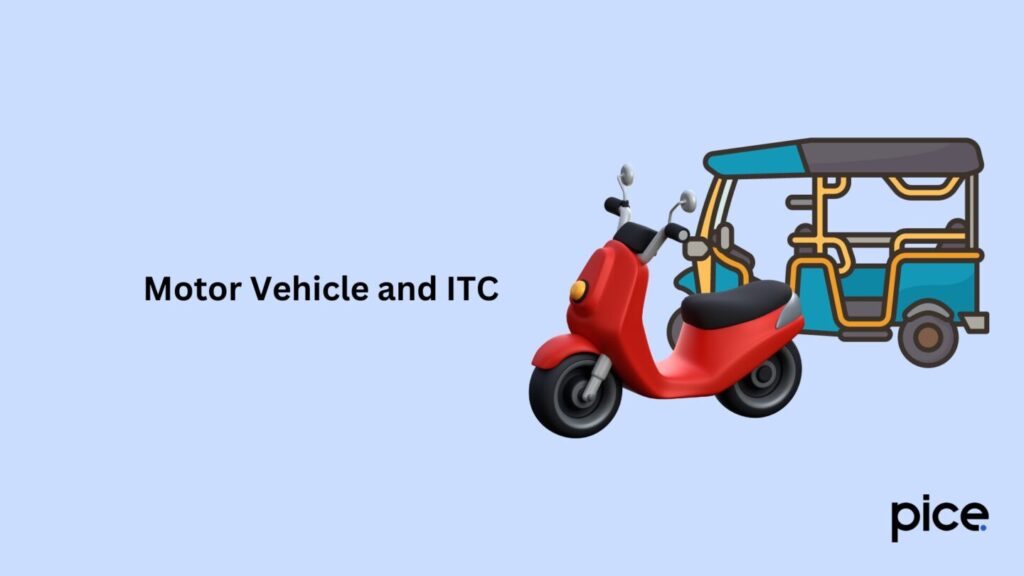
GST Council’s Guidelines on ITC for Motor Vehicles:
- The GST Council has specified that ITC on motor vehicles with a seating capacity of less than or equal to 13 persons (including the driver) is generally blocked, except for certain uses such as transportation of goods or providing passenger transport services.
Leasing Companies' Perspectives on GST and ITC:
- Leasing companies must ensure compliance with GST regulations, including proper invoicing and timely filing of returns. They need to keep detailed records to support ITC claims and manage the tax implications of leasing agreements.
Relevant Notifications and Updates from the GST Council:
- The GST Council frequently issues notifications that provide updates on ITC applicability, changes in rates, and other regulatory adjustments. Staying informed about these changes is crucial for both lessors and lessees.
Leasing Companies and GST
Role of Leasing Companies in the GST Framework:
- Leasing companies facilitate the provision of vehicles on lease and play a crucial role in the GST ecosystem. They must comply with GST regulations, collect and remit GST on lease payments, and provide necessary documentation to lessees.
Compliance Requirements for Leasing Companies:
- Leasing companies need to ensure proper invoicing, maintain detailed records of transactions, file regular GST returns, and ensure timely payment of GST. Non-compliance can result in penalties and disallowance of ITC.
Case Studies or Examples:
- Illustrative examples of leasing companies effectively managing ITC can demonstrate best practices. For instance, a case study of a leasing company that optimized its ITC claims by maintaining thorough documentation and staying updated with GST notifications.
Taxable Supply and ITC
Definition of Taxable Supply Under GST:
- Taxable supply refers to the supply of goods or services that are subject to GST. It includes all forms of supply, such as sale, transfer, barter, exchange, lease, or disposal, made for a consideration within the taxable territory.
How Taxable Supply Affects ITC on Car Leases:
- If the lease payments constitute a taxable supply, the lessee can claim ITC on the GST paid. The eligibility for ITC depends on the nature of the supply and the use of the leased vehicle.
Examples of Taxable and Non-taxable Supplies:
- Taxable: Leasing a car for business operations, providing transportation services, or using the car for business-related activities.
- Non-taxable: Leasing a car for personal use or non-business purposes.
Applicable GST Rates
Overview of GST Rates Applicable to Car Leasing:
- The GST rate on car leasing can vary. For example, leasing of motor vehicles typically attracts an 18% GST rate, but the rate can differ based on the type of lease and the vehicle's use.
Differences in Rates Based on the Type of Lease:
- Operating leases and financial leases might be subject to different GST rates. It's essential to understand these differences to ensure correct GST treatment.
Concessional Rates and Their Impact on ITC:
- Certain leases might be eligible for concessional GST rates under specific schemes or conditions. Understanding these rates can help businesses optimize their tax liabilities.
Time of Supply and GST Liability
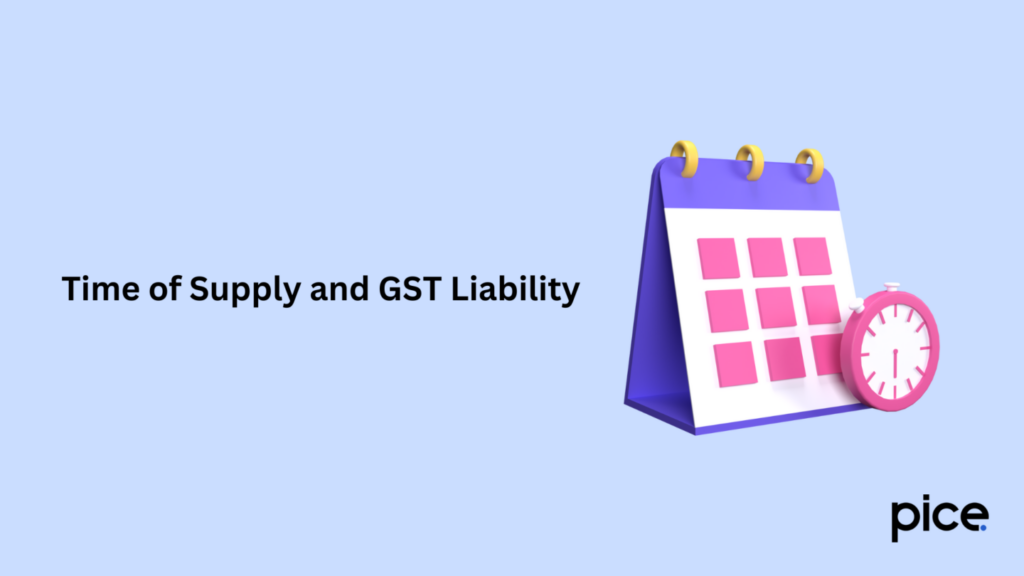
Explanation of the Time of Supply Under GST:
- The time of supply determines when GST becomes payable. It is typically the earliest of the following: the date of issuing the invoice, the date of receipt of payment, or the date of completion of the supply.
How It Affects GST Liability for Car Leases:
- Accurate determination of the time of supply ensures proper accounting of GST liability. This timing affects when the lessee can claim ITC and when the lessor must remit GST.
Importance of Timing in Claiming ITC:
- Timely claiming of ITC is crucial to avoid interest and penalties. Lessees must ensure they claim ITC within the prescribed time limits.
Benefits for Employees and Businesses
Advantages of Car Leasing for Employees:
- Leasing offers lower upfront costs compared to purchasing a vehicle. Employees can benefit from structured lease plans that include maintenance and insurance, reducing their overall expenses.
Corporate Benefits and Tax Implications:
- Businesses can optimize their tax liabilities through leasing, as lease payments can be treated as business expenses. ITC on GST paid for business-related leases further reduces the tax burden.
Employee Leases and Their Treatment Under GST:
- Employee lease arrangements, where the company leases vehicles for employees, can offer tax benefits if structured correctly. However, it is crucial to ensure compliance with GST regulations to claim ITC.
Special Cases and Notifications
Special Cases Like Cars for Cab Services:
- ITC is allowed for vehicles used in providing taxable services like cab operations. Businesses involved in such services can claim ITC on the GST paid for leasing cars.
Relevant Notifications and Their Impact on ITC:
- Keeping up with the latest GST notifications ensures compliance and maximizes ITC claims. These notifications often provide clarity on ITC eligibility and changes in GST rates.
Recent Changes or Updates in GST Regulations:
Under GST, businesses can claim Input Tax Credit (ITC) for VAT paid on purchases before 01.02.2019, transitioning from credit of VAT to credit of input tax. This applies to VAT credit in respect of goods and services used for business, including excise credit. The GST rate applicable, normal rates, and any reduction in GST rate are important for ITC claims.
The time of purchase and extensions of time limits affect GST liability timing. Notifications on motor vehicles, leased motor vehicles, and their sales conditions impact ITC eligibility. Benefits for employees, corporate employees, and use of vehicles for business purposes all influence the company's tax strategy
Conclusion
Understanding and managing Input Tax Credit (ITC) is crucial for businesses involved in car leasing. ITC allows businesses to reduce their GST liability, thereby optimizing their tax burden. However, compliance with GST regulations, maintaining proper documentation, and staying updated with GST Council notifications are essential to maximize ITC benefits.
Effective management of ITC can lead to significant cost savings and better financial management for both leasing companies and lessees.
💡If you want to pay your GST with Credit Card, then download Pice Business Payment App. Pice is the one stop app for paying all your business expenses.
 By
By 










